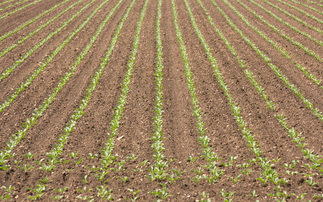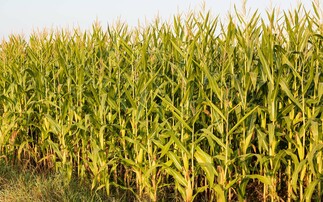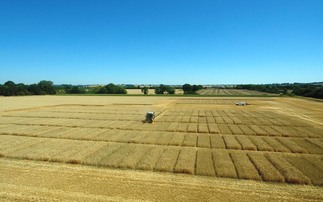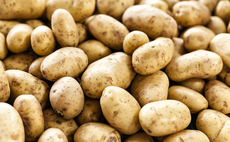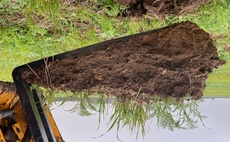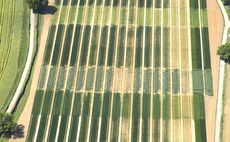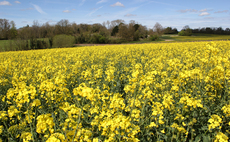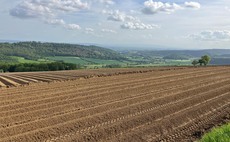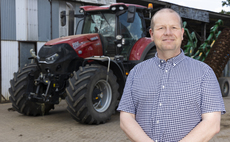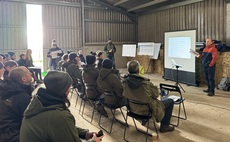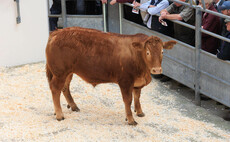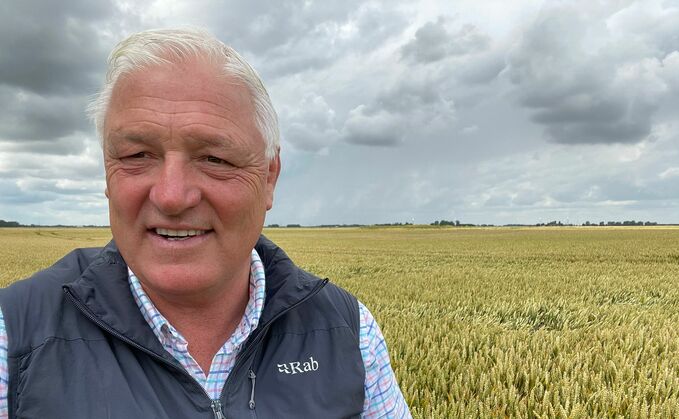
Alex Wilcox
A big welcome to all you Arable Farming magazine readers from Hill Farm. I hope you find my ramblings somewhat useful or at least entertaining - ideally both.
What a year it has been for black-grass. A dry autumn followed by a dry winter and then just when all of the residual herbicides had given up the ghost, a long cool wet spell through March kicked in. This ensured the winter crops were not competitive whilst the black-grass literally made hay whilst the sun definitely didn't shine. Learnings from this perfect storm had to be don't get complacent; don`t drill too early in the autumn; don't send a boy on a man's errand in terms of herbicide residual stacks; and use this harvest to realistically map the scale of the problem and then adjust your cropping according to agronomic constraints, not financial constraints.
With muggins here buying nitrogen fertiliser when prices were at their peak, it is a real relief that their cost was more than covered by forward selling of crops at the same time, even though this was done begrudgingly. However, now I'm glad it was done as the downward tumble in prices continued for the next four months.
Where commodities will end up only old Poo-Tin, the elements and God knows but you have to feel that a base has just about been reached and risk-wise there must be a greater chance of recovery than any further drops.
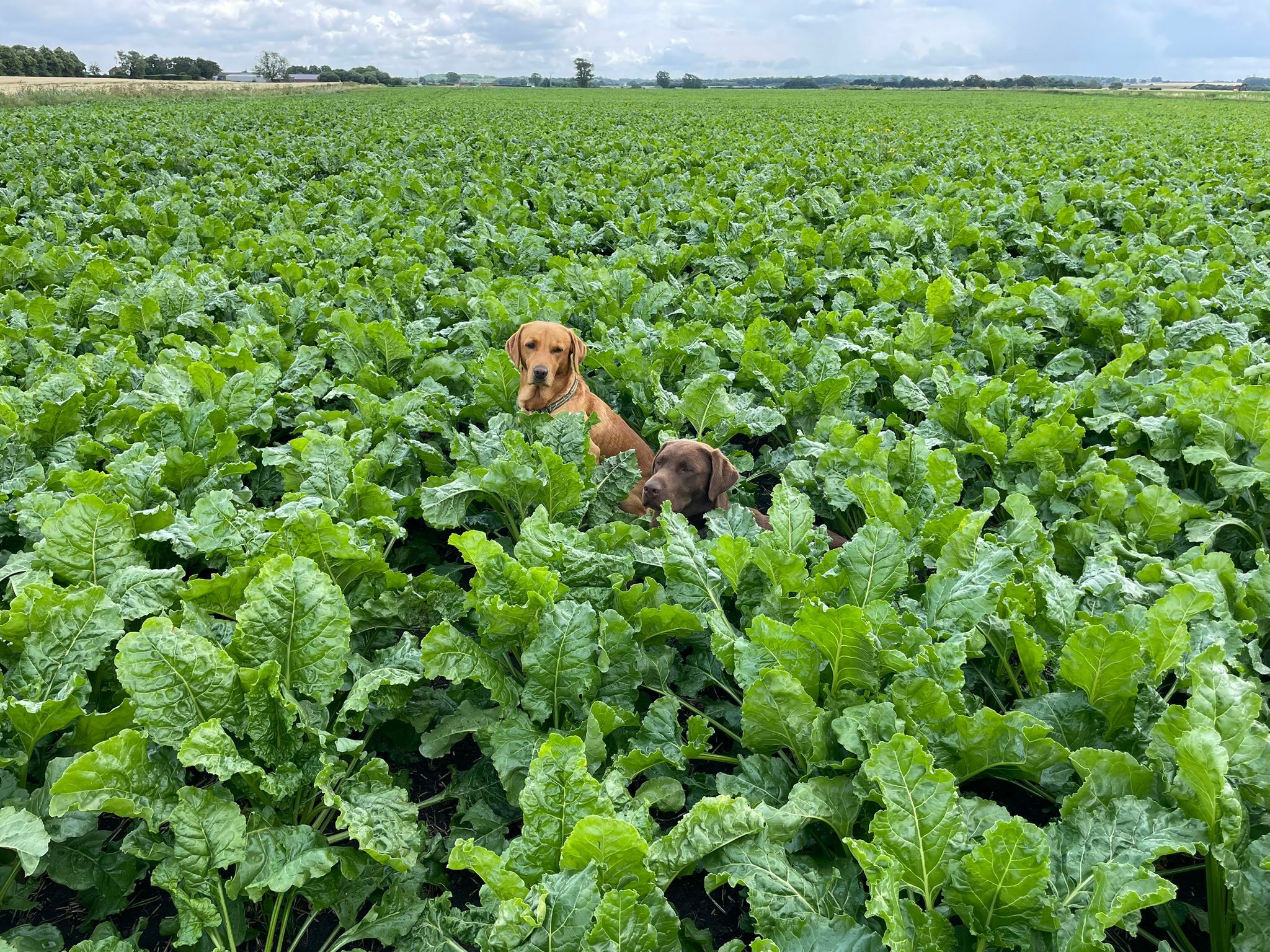
At Hill Farm we stopped growing sugar beet several years ago when the price was reduced to £20 per tonne. The fieldsman reacted incredulously saying how it was still our most profitable crop due to the big yields we can grow on our rich silty clay soil. My reply was, yes but for all the hassle, soil and road structural destruction I have a lot of better things to do with my time and there would need to be a four on the price before I grew it again. To this he spat his coffee across the office.
When the phone rang last autumn to enquire about whether we would be interested in growing beet again for BS (that stands for British Sugar some of the time) at a lovely £40 per tonne I was the one chuckling. The 3,200 tonnes of quota we are now growing was all autumn non-inversion cultivated and direct drilled in the spring and looks a picture. Rumour is that British Sugar will look to reduce the price into the £30s/t for next year's crop. When they are currently paying the equivalent of £85/t to import other sugar sources it may well be a one year wonder of a crop for us after all.
Out and about most winter cereals look to have decent potential across the counties except for the dreaded black-grass. Spring cereals and pulses have also grown well with the only potential fly in the ointment being the weather which now has decided to go all unsettled on us at just the wrong time - no surprises there either.
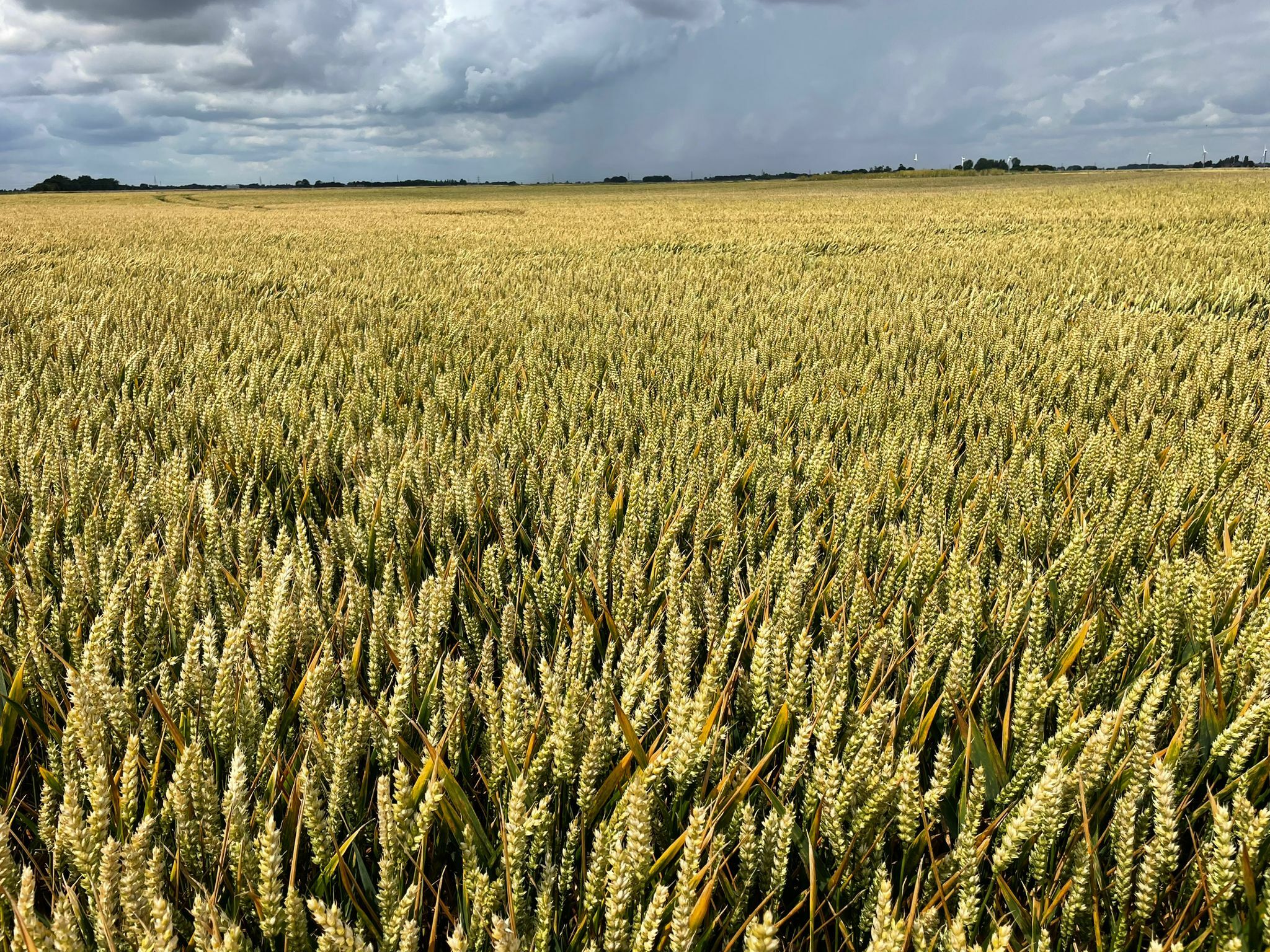
Finally, during a visit to our farm last week by a group of senior Norfolk County Councillors I was asked about the use of the dreaded and deadly glyphosate.
My reply in describing how essential it was, how it's use reduced so much of the potential environmental damage of fuel use, excessive cultivations and how the coffee we were serving them was far more carcinogenic (luckily none was spat out this time) seemed fairly warmly received. We live in hope.









